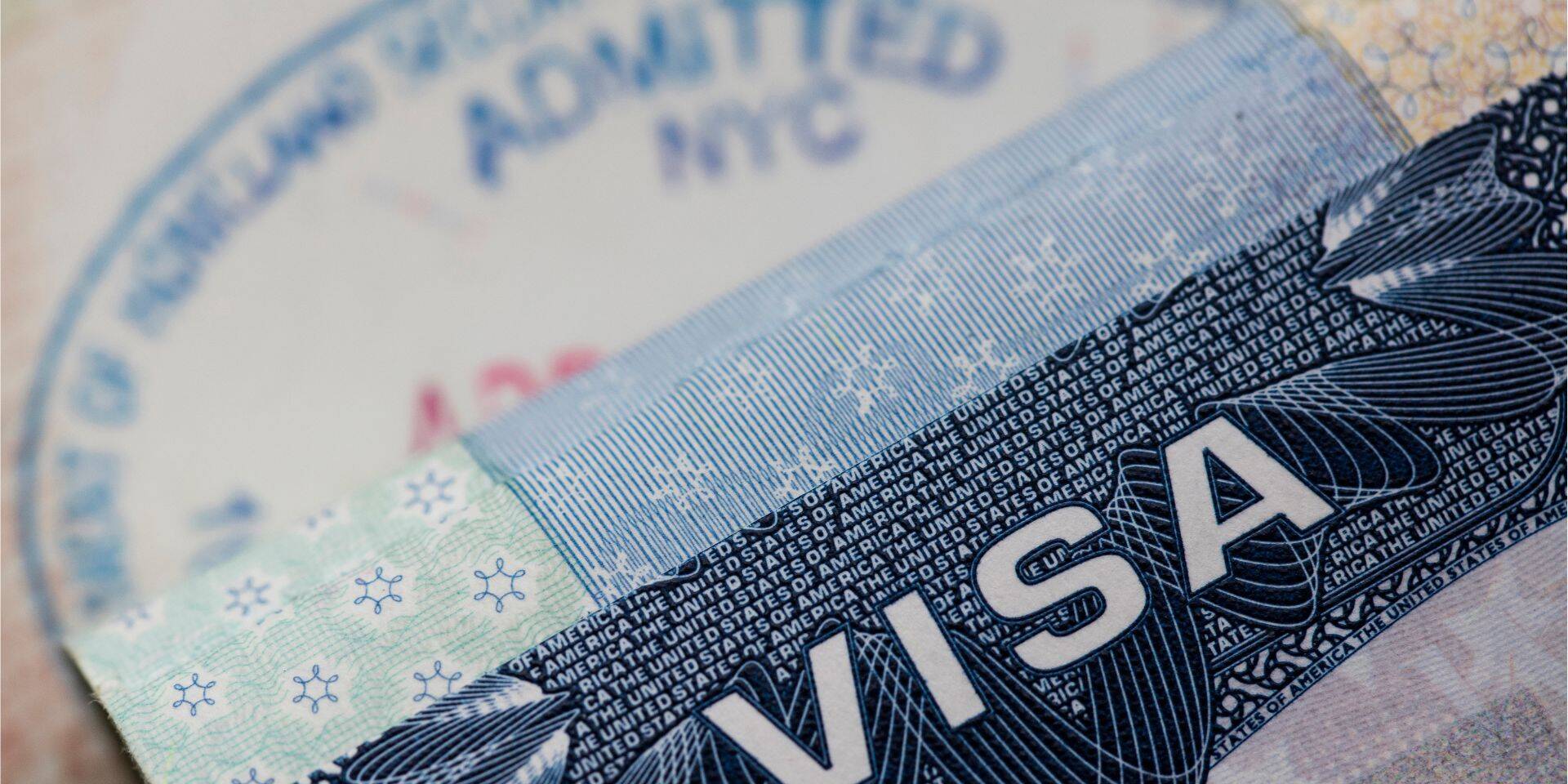There has been a rise in fake immigration lawyers on social media platforms. In the wake of an increasingly strict immigration landscape, scammers and con artist are taking advantage of the many immigrants and migrants’ uncertainties and fears. These bad actors aren’t limited to just one website and can be found throughout social media.
In the months since President Trump began his second term, the volume of immigration scams and fraud has increased. What’s worse, some of these imposters are posing as actual immigration lawyers, using their name and reputation to draw in vulnerable individuals. These fake immigration lawyers create Tiktok accounts, buy Facebook add space, set up false court hearings in WhatsApp, and use algorithms to target people seeking information about the immigration process. While scammers do tend to flourish on some websites more than others, they can be found on all social media platforms.
While shady legal practitioners targeting individuals wanting to enter the country has been a problem for decades, the impersonation of actual lawyers on social media is a more recent phenomenon. The fact that many law firms have been slow to fully digitize and create a space on the internet has made it easier for these scammers to continue posing as actual attorneys or firms.
For now, the best way to combat these scammers is through exercising caution and doing research. Individuals approached by an account claiming to be an immigration lawyer or firm, especially on Tiktok, Instagram, Facebook, or WhatsApp, should take great care to verify if the account is legitimate. One of the easiest ways of doing so is simply contacting the attorney or firm the account claims to be. If the account is fraudulent, report it to the Federal Trade Commission (FTC) and to the social media platform it’s on.
As always, ILBSG actively monitors ongoing U.S. immigration news. If you have questions about any U.S. immigration related issue, contact us. Working with an experienced attorney ensures you get the right advice based on the most recent laws. In an ever-evolving immigration policy landscape, it’s particularly critical.
Related Posts
May 16, 2025
Warrantless Phone Searches Not Authorized at All Airports
CBP can't conduct warrantless phone…
May 15, 2025
Federal Judge Denies Granting Nationwide Relief for F-1 Visa Students
A federal judge placed an injunction on…
May 15, 2025
Sixty-Five Percent Rejection for FY2026 H-1B Visa Cap
Registrants for the FY2026 H-1B visa…



